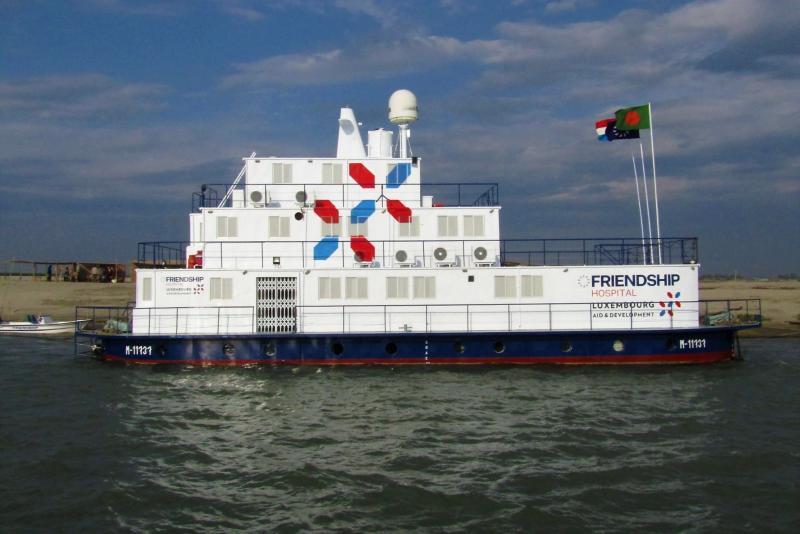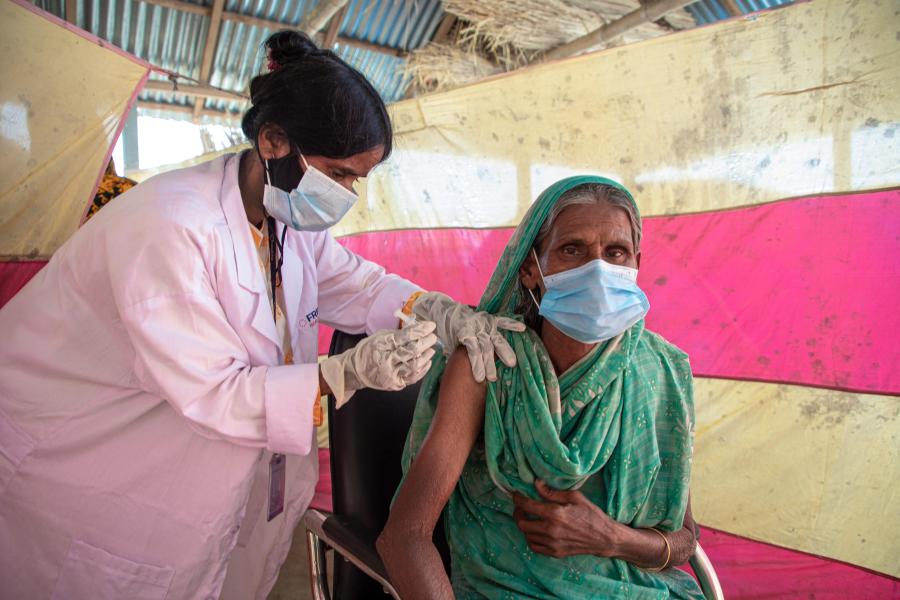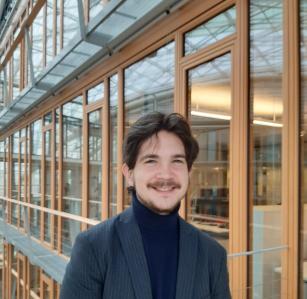Runa Khan believes that everyone should have access to healthcare. Her organisation Friendship brings medicines, vaccines, and education to remote areas of Bangladesh
During a trip to rural Bangladesh to promote an educational project, Runa Khan saw families with no medical care or medicine. She decided to make a difference for the whole community.
“You do not start by trying to impact the whole world,” says Khan. “You start by focusing on the individuals, understanding what they need, and helping them with love.”
Khan has been trying to change society for the better all her life. One of her most satisfying social projects began when French sailor Yves Marre arrived in Bangladesh in 1994 with a retired river barge to donate it for a charitable cause. This boat would end up helping millions of people get better health care and be the first step in the foundation of Friendship, a social purpose organisation with over 4 000 employees and five branches around the world.
In 2021, the European Investment Bank signed a €250 million loan to back Bangladesh’s procurement of vaccines and countrywide immunisation against COVID-19. Today, with this support and aid, millions of Bangladeshis have been vaccinated and received better healthcare through Friendship.
“By cooperating with Friendship, we can boost our impact on the ground and achieve sustainable and inclusive development,” says Katrin Bock, a European Investment Bank loan officer responsible for investment in Bangladesh. “We see our partnership as a blueprint for investments in the health sector and COVID-19-related projects.”
- Read about how investments in African digital infrastructure build more connected and resilient societies.
Living with floods in Bangladesh
Bangladesh is a land of rivers, with nearly 75% of the country below sea level. The country’s geography has made it prone to frequent and severe floods.
The four million people living in the shifting islands of the Brahmaputra River, known as “chars”, are especially vulnerable. Every time the river floods, the islands fall apart and vanish, forcing people to leave everything behind and move to a new land. The problem is getting worse with climate change. “I have met people who have changed home more than forty times in a lifetime,” Khan says.
Floods make it also impossible to build permanent hospitals and roads, or to erect utility poles, leaving people without access to electricity, healthcare, transport, and clean water

One of Friendship’s hospital ships serving the communities living on the islands of the Brahmaputra River in Northern Bangladesh
With its two floating hospitals and another on land, Friendship provides healthcare to the chars and the coastal belt of Bangladesh. This means free-of-charge surgeries, medicines, and medical check-ups, as well as paediatric, gynaecological, dental, and eye care.
To ensure that nobody is left unaided, Friendship also set up a system of mobile satellite and static clinics, supported by trained health workers from local communities. “If you do not have a boat, it is very difficult to access care,” Khan says. “Our healthcare system came from the needs of the community.”
Bridging the last mile to vaccines
Bangladesh is nearly the size of Greece, but it has 16 times its population. When COVID-19 hit, vaccination was the only way to maintain normal life without the looming threat of deadly disease.
Friendship played a major role in bringing the vaccines to those hard to reach. The organisation ran awareness campaigns to promote vaccination and supported its rollout in remote areas, such as the registration of patients and assistance in their transportation to vaccination centres.

At the beginning of June 2021, less than 4% of Bangladesh’s population had received two doses. Today, with Friendship’s help, Bangladesh has fully vaccinated more than 70% of its population
“We hardly had any people that did not want to vaccinate,” says Khan. “They wanted to take the vaccine to avoid death. We made sure that everyone has access to the vaccines, helping the registration of patients and assisting their transportation to vaccination centres.”
Empowering communities
Bangladesh is at the frontline of the fight against climate change. This year, the country saw record flooding that killed more than 100 people and disrupted the lives of seven million others. But the impact is expected to worsen significantly in the coming decade.
Around the world, people need to see immediate crises in the context of the bigger challenge of climate change, says Khan. “While we work to protect our communities and our countries against COVID-19, we need to also think about how we can strengthen them to deal with future crises,” she says.
That is why Friendship’s action goes far beyond healthcare. The social purpose organisation works on climate action and adaptation to the effects of climate change, cultural preservation, economic development, inclusive citizenship, and education. The organisation, for example, provides medical training and secondary and primary education to thousands of people in the chars, among them women and migrants.
“There is no one size fits all solution, there are steps. Money is a tool, technology is another tool,” Khan says. “If you educate one village, you can change the island.”
